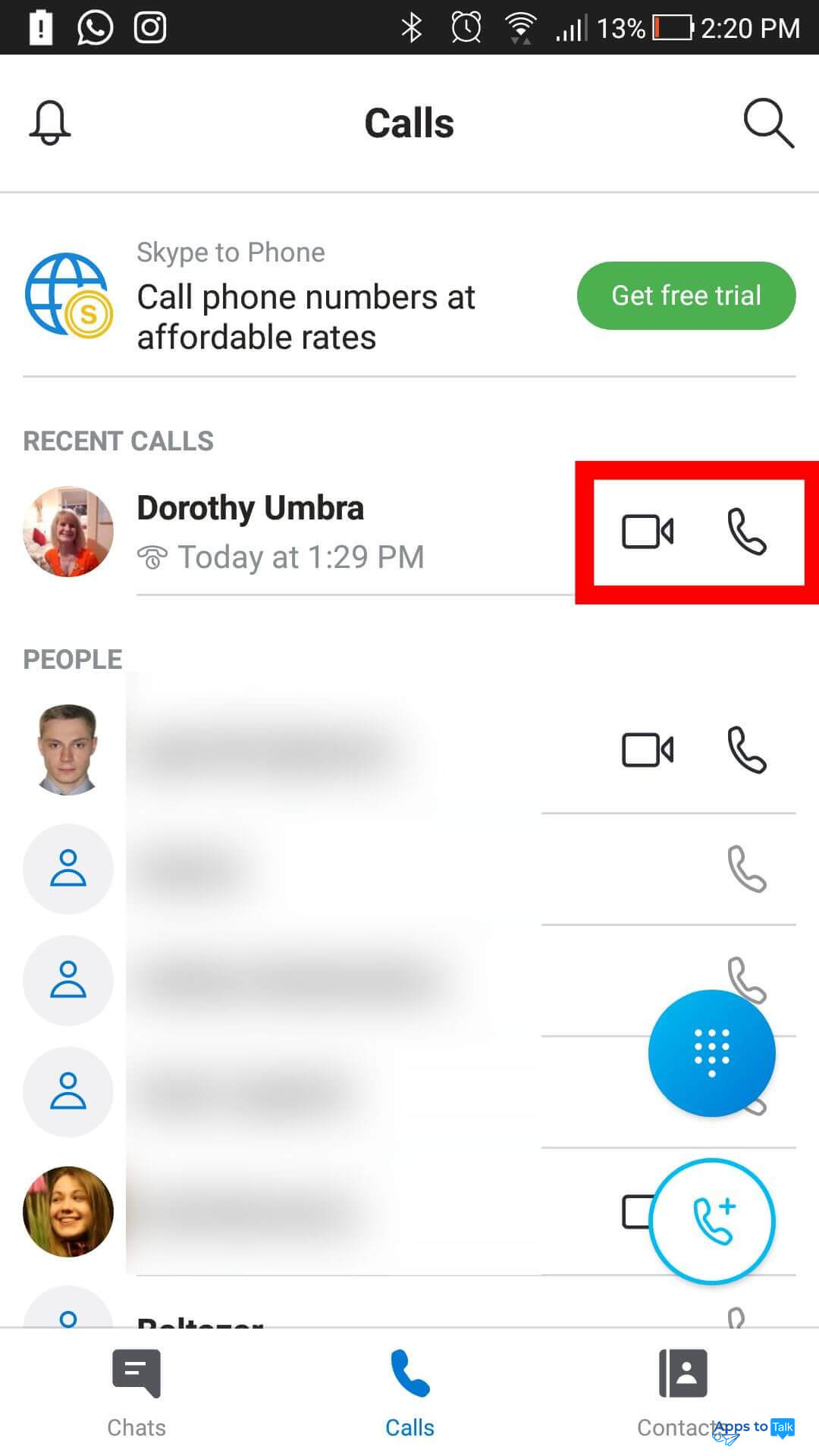
Pindrop keeps a "honeypot" - about a quarter-million phone numbers that aren't being used by real people, which the company uses for research. "They're trying to see: Are they getting a human on the other end? You even cough and it knows you're there."īalasubramaniyan recalls, "They're like 'OK, if you want a moment to process this, we're going to send the law enforcement in front of your doorstep.' " That initial call you get, with silence on the other end, " essentially the first of the reconnaissance calls that these fraudsters do," Balasubramaniyan says.

Maybe you entered an online raffle to win a free iPhone.Īccording to the Federal Trade Commission, these robocalls are on the rise because Internet-powered phones make it cheap and easy for scammers to make illegal calls from anywhere in the world. Maybe you gave your number to Target or some other big retailer that got hacked. Vijay Balasubramaniyan, CEO of Pindrop Security, a company in Atlanta that detects phone fraud, says that in any number of ways, the criminal ring gets your 10 digits and loads them into an automated system. It turns out there could be someone on the other end of the line: an automated computer system that's calling your number - and tens of thousands of others - to build a list of humans to target for theft. Here's an experience some of us have had.


When you answer your phone and there's no one on the other end, it could be a computer that's gathering information about you and your bank account.


 0 kommentar(er)
0 kommentar(er)
